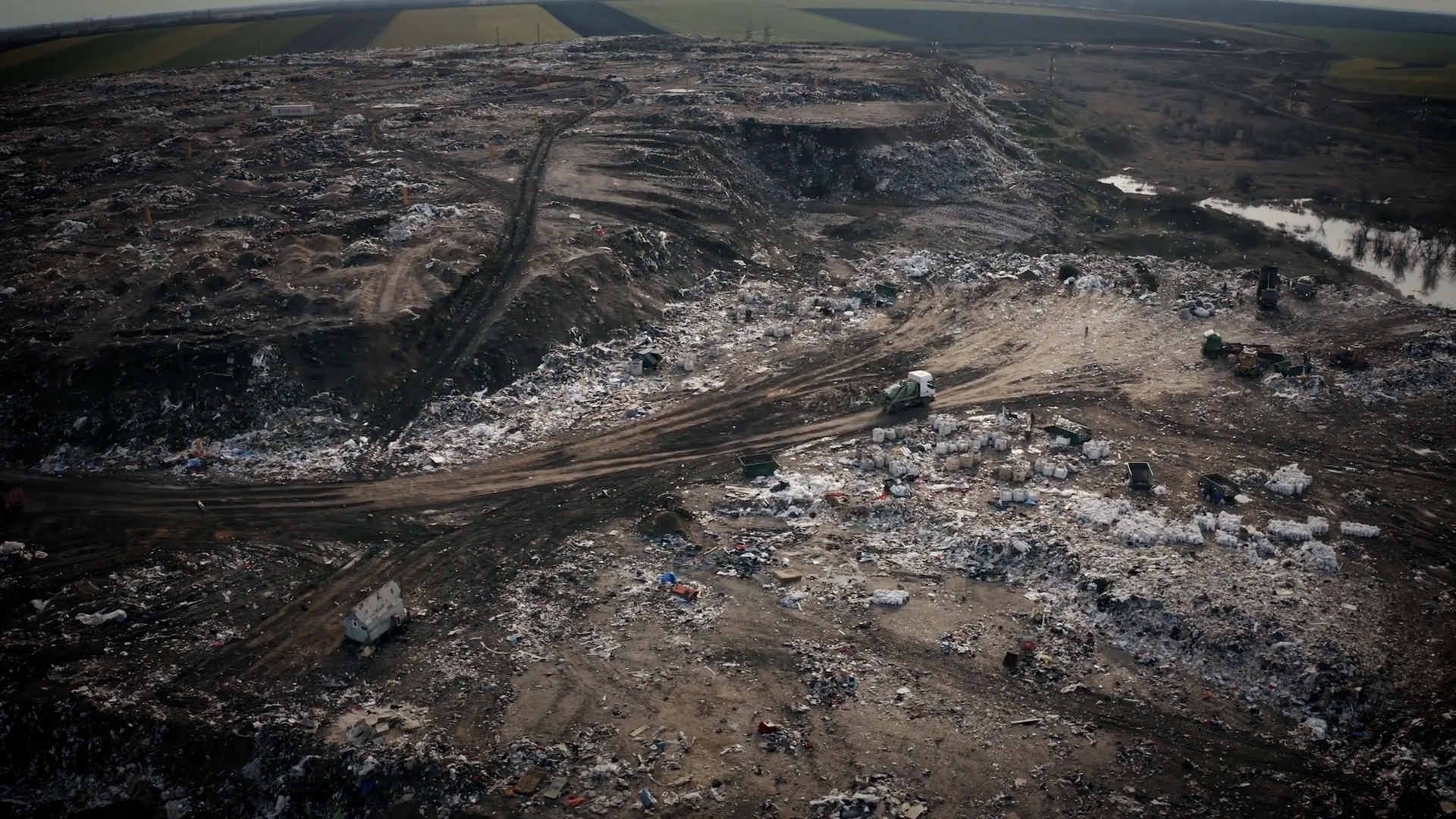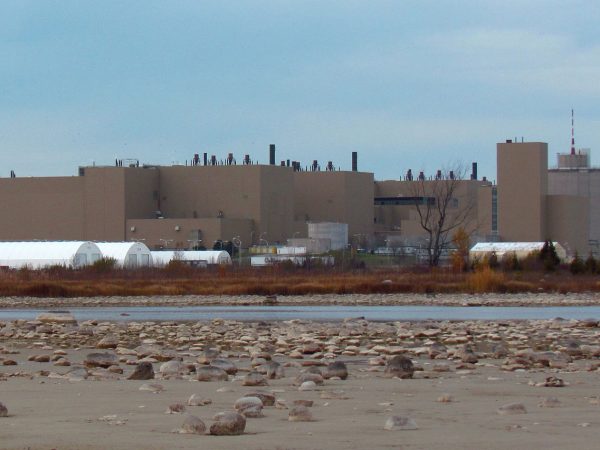
Coal ash is packed with harmful pollutants. Residents of a northern Indiana town less than a mile from Lake Michigan may have been exposed to unsafe levels of contamination for almost a decade, even after being told that they were safe, an IndyStar investigation found. A coal ash cleanup plan developed in 2016 by electric utility NIPSCO was based on flawed data included by a hired consultant with ties to the coal industry, according to the investigation. The Environmental Protection Agency is now revisiting the Superfund site.
Central Michigan’s Green Charter Township has to let a Chinese company move forward with an electric vehicle battery plant there, a federal judge determined last month. The company, Gotion Inc., struck a deal with local officials who were then removed from office. The officials’ successors voted to reverse the agreement. Gotion sued. And U.S. District Judge Jane Beckering granted Gotion a preliminary injunction and ordered the township to follow the terms of the agreement while the case works its way through the legal process.
In Illinois, CO2 pipelines are facing a new roadblock. A bill passed last week by the Illinois Legislature seeks to set standards for the emerging carbon capture and sequestration industry. The SAFE CCS Act would also suspend the approval of new CO2 pipelines for up to two years. The CO2 pipelines that have already been proposed span about one-quarter of counties in the state, and Illinois would be the second state — after California — to establish a moratorium on their development.
Michigan, Indiana and Ohio are among the top 10 recipients of money from the Inflation Reduction Act of 2022, a new analysis shows. The three states have received a combined $26.4 billion in federal funding since the landmark climate law went into effect. Experts say the Rust Belt’s long history as a hub for manufacturing is likely helping it attract clean energy businesses and investments. The total number of clean energy manufacturing jobs is on the rise in all three states.
Love Canal, the former chemical dumping ground that became the country’s first Superfund site, could be turned into a solar farm. Almost 50 years after remediation efforts began, the New York State Energy Research and Development Authority has begun evaluating its potential for utility-scale solar. A project built at the Love Canal site could be anchored to the ground using concrete weights, state officials said, minimizing contact with the contaminated soil.
More energy news, in case you missed it:
- School districts across the Great Lakes region number among the hundreds collectively awarded almost $900 million in federal funds to buy electric school buses.
- China’s growing influence in the global electric vehicle market poses a threat to the dominance of automakers in Michigan, experts warn.
- Alliant Energy plans to extend the life of a coal plant in Wisconsin to 2028, delaying a planned 2025 conversion to gas.
- An attempt to repeal Michigan’s new, Democrat-backed energy permitting law missed the deadline to make the November ballot.
Former Ohio House Speaker Larry Householder pleaded not guilty to 10 additional felony counts related to his involvement in the state’s energy bribery scheme.
Catch more news at Great Lakes Now:
Energy News Roundup: Industry groups fight federal emissions rules they say will hurt region
Energy News Roundup: Federal money pours in to accelerate energy transition
Featured image: Coal ash. (Photo Credit: Great Lakes Now)



